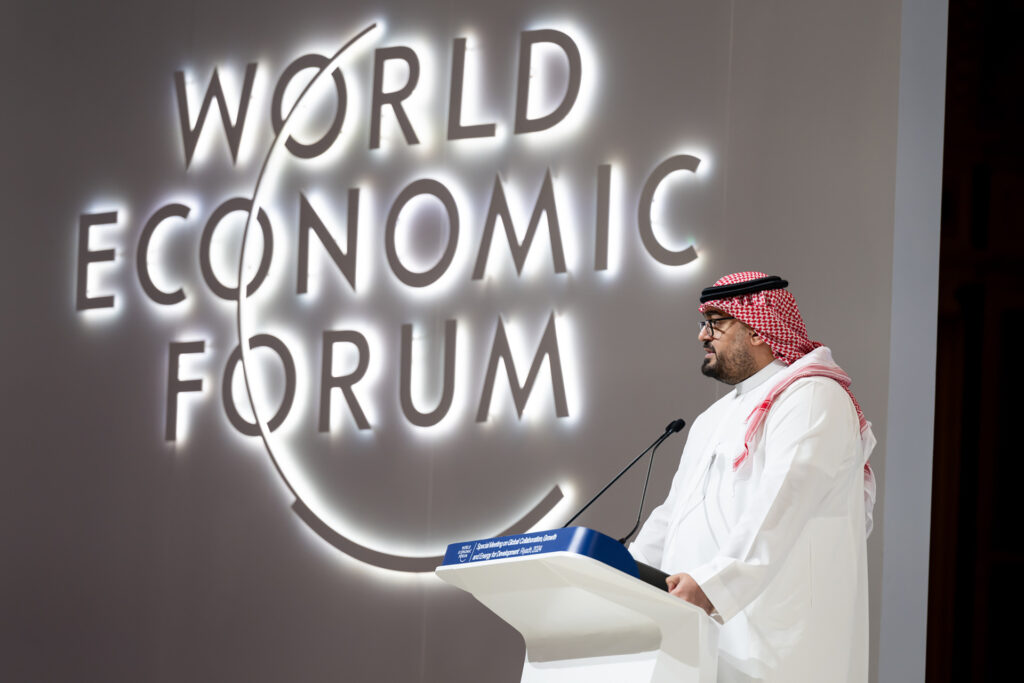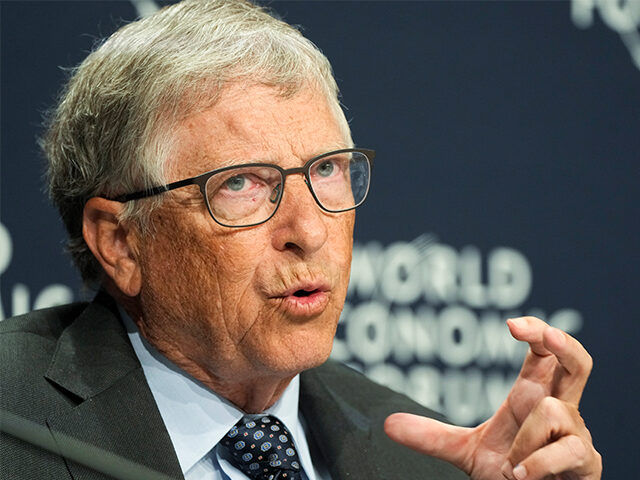Saudi Arabia on Sunday pledged $500 million to a polio vaccination initiative that counts the Bill & Melinda Gates Foundation (B&MGF) among its private-sector partners. In exchange, the Gates Foundation agreed to open an office in the Saudi capital city of Riyadh.
“In Afghanistan and Pakistan, the last remaining polio-endemic countries, we have seen significant progress, yet work remains to be done as the world pushes towards making eradication possible. The pledge from Saudi Arabia today will enhance the innovation and collaboration needed to eradicate this disease,” said Dr. Abdullah A. al-Rabeeah, supervisor-general of the King Salman Humanitarian Aid and Relief Center.
“Together with our partners, the Bill & Melinda Gates Foundation (B&MGF), the Global Polio Eradication Initiative, the Islamic Development Bank and key countries across the region, our support will not only aim to end polio but to also strengthen health systems in these countries,” Dr. al-Rabeeah said as the pledge was announced.
“Polio is a horrific disease that deserves to be in the history books once and for all. I am proud to see the Kingdom of Saudi Arabia, together with partners across the Middle East, step up to help deliver more polio vaccines, measles immunisations, and other vital health services to millions of children every year,” Bill Gates said in response.
“This global health investment will help strengthen and build more resilient health systems and communities, at a time of multiple crises around the world,” Gates said.
The announcement was made during a two-day meeting of the World Economic Forum (WEF) in Riyadh to discuss international collaboration on “global challenges,” including polio. The paramount concern of the meeting was the projection for “subdued” growth around the world in 2024, part of “the slowest half-decade of GDP growth in 30 years” thanks to the Wuhan coronavirus and the disappointing post-pandemic recovery.

His Excellency Faisal Alibrahim, Saudi Minister of Economy and Planning, welcomes global leaders to Riyadh for the World Economic Forum Special Meeting on Global Collaboration, Growth and Energy for Development, April 29, 2024. (AETOSWire via AP)
B&MGF is one of six private-sector partners in the Global Polio Eradication Initiative (GPEI), which is coming up about $1.2 billion short of its $4.8 billion budget for the next three years. GPEI has missed its funding and vaccination targets every year since 2000, when the Wuhan coronavirus epidemic began.
Despite this funding shortfall, GPEI says its efforts have reduced polio cases worldwide by 99 percent since it was founded in 1988 and two of the three known “wild poliovirus” strains (WPV) have been completely eliminated. GPEI describes its current program as the “Polio Endgame Strategy,” with the goal of effectively eliminating the last strain, WPV1, by 2026.
Gates complained last week that the global economic slowdown, “complacency” about polio among developed nations, and the unstable security situation in the worst polio hotspots were cutting into donations.
“It’s not guaranteed that we will succeed. I feel very strongly that we can succeed, but it’s been difficult,” he said.
“If we’re still here ten years from now, people might be urging me to give up. But I don’t think we will be. If things go well, we’ll be done in three years,” he added.
B&MGF’s deal with Saudi Arabia could be politically significant, in addition to its financial benefits, because two of the worst remaining pockets of polio are in Afghanistan and Pakistan. Saudi Arabia’s influence as a leading Muslim country could be helpful in securing those areas for vaccination efforts.
The Taliban junta that rules Afghanistan announced a new polio vaccination campaign on Monday, with the ostensible goal of inoculating 10.72 million children under age five during the next four days. Another round of vaccinations is to be conducted at a later date for two provinces that are currently experiencing inclement weather.
“Together with our partners, we are committed to eradicating polio from Afghanistan. We will work tirelessly and continue polio vaccination campaigns and complementary health services until we reach the goal of fully eradicating polio,” said Taliban health minister Dr. Qalandar Ibaad.
Ibaad’s ministry pointedly asked tribal elders and religious leaders to cooperate with the vaccination program, tacitly acknowledging that such local authorities sometimes tell their followers that vaccination causes infertility or that the vaccination technicians are hostile foreign agents. The Taliban actually banned door-to-door vaccination campaigns until late 2021, when the United Nations convinced them to allow the practice.
Pakistan saw a troubling resurgence of WPV1 this year, even though a hundred rounds of vaccinations were conducted over the previous decade. The number of new reported cases is relatively small but the pattern of distribution suggests there are more unreported infections in Pakistan’s remote and dangerous regions, especially Khyber Pakhtunkhwa (KPK) along the Afghanistan border.
At least half of Pakistan’s known polio cases originated in KPK, and in some years all of the reported infections came from that region. Many of the residents believe vaccination is a sinister Western plot to render Muslims infertile and reduce their population. Poor sanitation and malnutrition contribute to the rapid spread of diseases, while constant terrorist violence makes medical expeditions difficult.
The third acknowledged polio-endemic country is Nigeria, which optimistically announced the elimination of polio in 2020, but then saw a variant strain begin circulating among children in remote villages last year. The new strain proved resistant to previous inoculations, so a new vaccination program using fractional inactivated poliovirus was launched in 2023.
Global health officials have been tracking the rise of non-polio enteroviruses, which also tend to infect young children, and can produce symptoms of paralysis similar to polio in severe cases. The response to these enteroviruses has been slowed by the “complacency” Gates complained about, since the majority of young patients in developed nations recover without any serious lingering effects, thanks to high-quality diets and medical care.

COMMENTS
Please let us know if you're having issues with commenting.